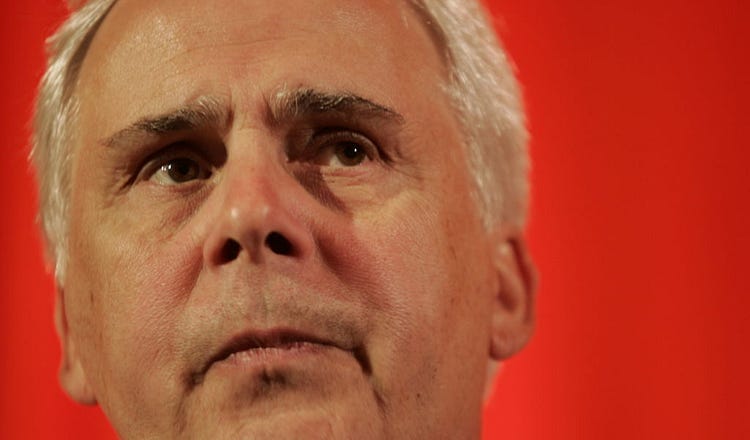
Almost every news story about Fred Smith, who died Saturday at the age of 80, began the same way. His idea for the taut, nimble delivery operation that eventually became FedEx was hatched in an economics paper that he wrote as a Yale University undergraduate student. He got a C. Seven years after his graduation, in 1973, his new company’s airplanes lifted off one night from Memphis, Tennessee, carrying a total of 186 packages.
I never heard Smith grumble about the supposed significance or meaning often attached to that C, even though his grade wasn’t mentioned in FedEx’s announcement of his death. To him, that detail simply vanished from sight—like a speck on the ground from a plane window—at some point while he was building a company that now moves more than 17 million shipments per day, connects about 220 countries and territories, and has more than 500,000 employees.
Now that we can buy anything we want and get it delivered whenever we want, it’s easy to take for granted what it took to turn FedEx into a household name. The company’s advertising slogan—“When it absolutely, positively has to be there overnight”—sounded revolutionary in the late 1970s and early 1980s. And it was. To deliver on that slogan, Smith had to steer through a thicket of regulations around the world that made it harder to shape FedEx’s route system and operations in alignment with growing delivery demand.
Smith wasn’t just the founder and CEO of a company that moved things. He was also the personification of the reliability that became synonymous with the word FedEx.
Deregulation and looser aviation agreements between countries gradually opened up the roads and skies, and Smith expanded FedEx’s hub-and-spoke network around the world. Having overseen one revolutionary change, Smith adapted to another. When the internet began to threaten the highly profitable business of “FedExing” documents by air, Smith went into ground shipping. That put him into more direct competition with United Parcel Service (UPS) and the United States Postal Service but toughened up FedEx for the rise of Amazon.

